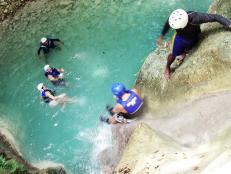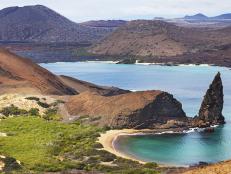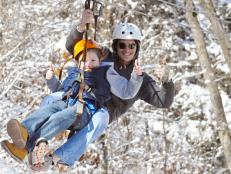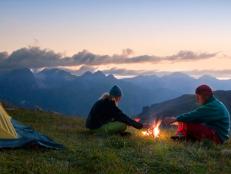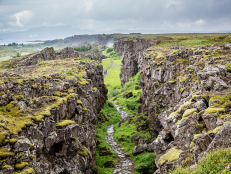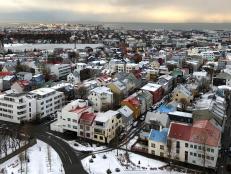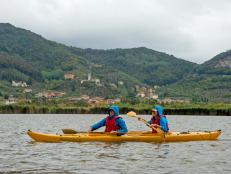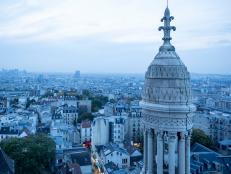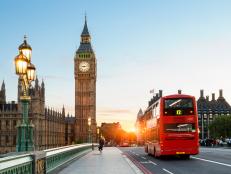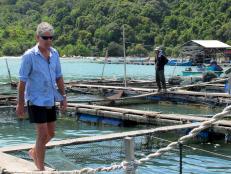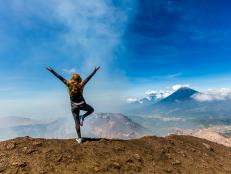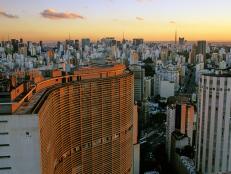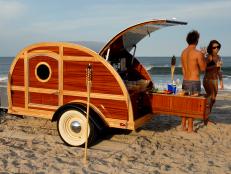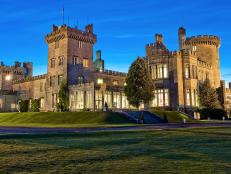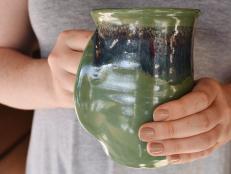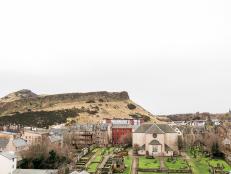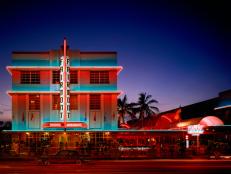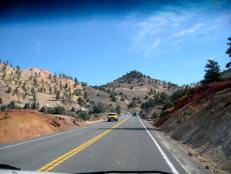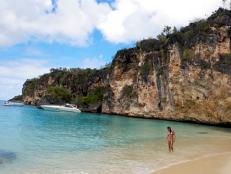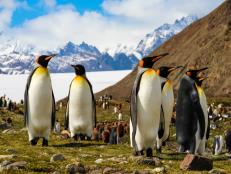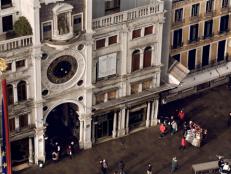5 Magical Reasons to Visit Iceland
While its dramatic, otherworldly natural wonders, especially the northern lights, are nothing short of magical, there are many more reasons you’ll be enchanted on a visit to Iceland. So pack your (faux) fur-trimmed hat and prepare to be wowed by this unique little island country.
1. Superjeep
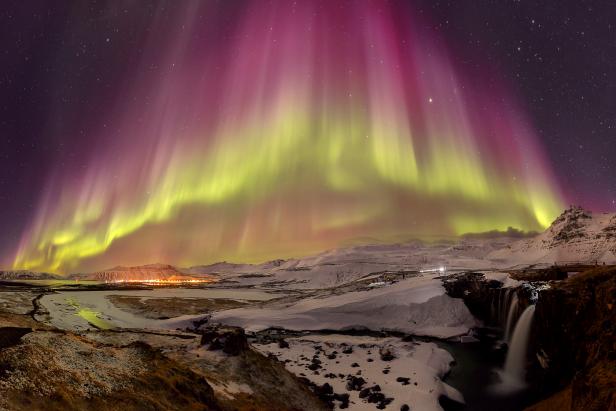
Ed Norton, Getty Images
The hunt for the elusive northern lights can be even more memorable than actually witnessing the seemingly supernatural show. Bundle up for an adventurous 4x4 Superjeep excursion searching for the best nightly sighting, or test your luck waiting for the lights to appear on your evening dip in one of the country’s many geothermal pools.
2. Arcanum Glacier Tours
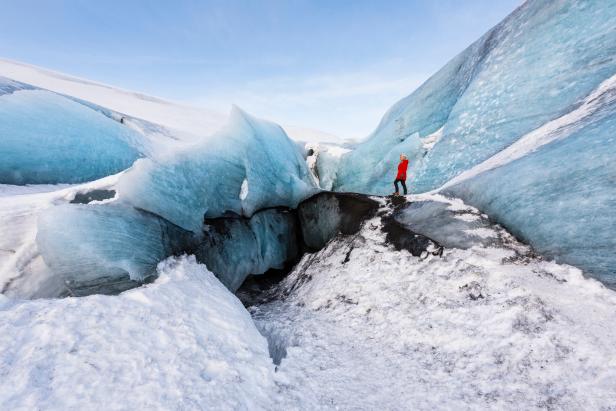
Oscar Bjarnason, Getty Images
3. Harpa
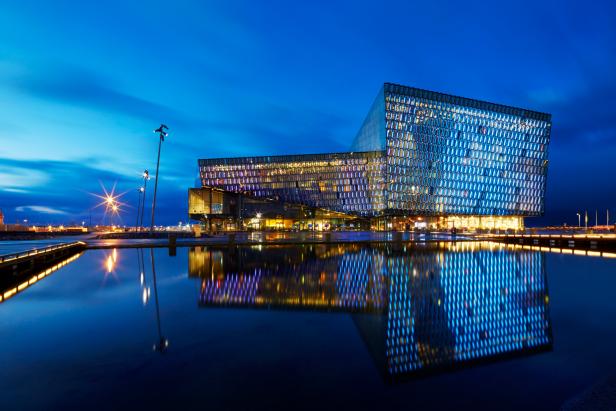
Laurie Noble, Getty Images
4. The Elf School

bravobravo, Getty Images
While visitors might notice that Icelanders are not willing to discuss their beliefs, there is a place where your questions are encouraged: the Elf School in Reykjavik. There, you can learn all about the mystical creatures — including 13 types of elf, 4 kinds of gnome, 3 species of troll and 3 varieties of fairy — from Icelanders who claim to have had personal contact with the hidden folk. The most important rule you’ll learn: Never cross an elf by throwing rocks; it might disturb his home.
Some skeptics, even the current president, say that Icelanders invented the hidden folk to keep them company during long, cold winters (it is one of the least-densely populated nations on the planet), but there’s no doubt that the folklore is an integral part of the country’s cultural fabric.
5. Blue Lagoon Spa

Steve Allen, Getty Images
A dip in the Blue Lagoon’s steamy water is on many bucket lists, and for good reason. What’s not to love about crystal-blue, geothermal water that hovers between 98 and 102 degrees year-round with views of spectacular, snow-covered lava rocks in every direction? After spending an entire day soaking in the Blue Lagoon, you’ll emerge feeling like a new person — and looking like one, too. The sulfur- and silica-rich water is known for its natural, age-defying healing powers.
Geothermal energy heats up more than the Blue Lagoon; in Iceland, it heats and powers homes, baths and pools, public as well as private. Bathing in communal thermal baths is a popular part of daily life — unwinding after a long day or catching up with the latest gossip and news. Escape the tourists and experience this part of the local culture at the geothermal-heated swimming pool Laugardalur Park, outside downtown Reykjavik, just one of many places in Iceland to offer natural hot tubs, or "hot pots.”
Who knows? You might even hear the latest gossip on the hidden folk.
